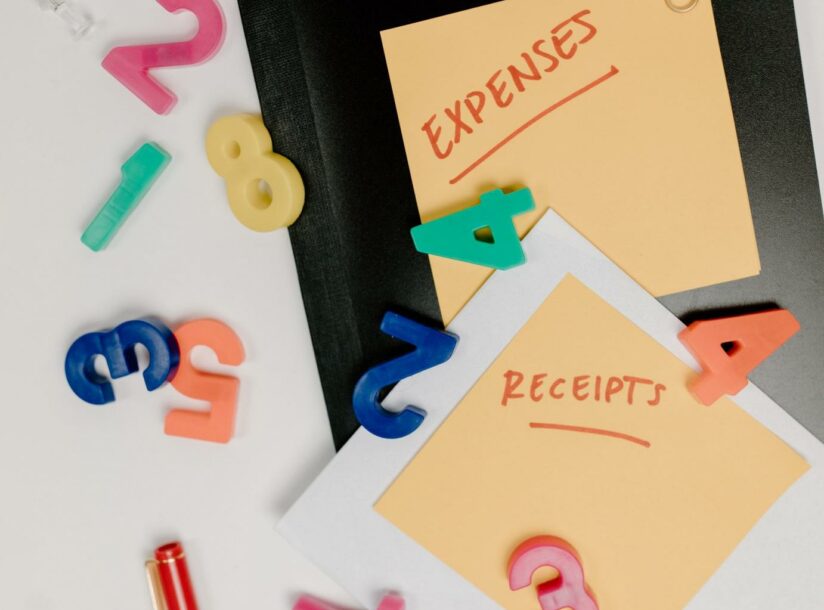Avoiding Filing Your Tax Return Because You Have a Big Tax Debt?
If you’ve been putting off filing your taxes this year because you’re afraid of what you’ll owe—you’re not the only one. Our Licensed Insolvency Trustees meet with individuals and small business owners all the time who have not filed their income tax returns for the past few (sometimes many!) years because they’re genuinely afraid to do so. They procrastinate filing their taxes because they fear that they’ll have a large tax debt, and they have no way of paying that money to the Canada Revenue Agency (CRA).

There are many situations that might lead you to believe that you owe money to the CRA and therefore putting off filing your taxes, including:
- You earned self-employed income and didn’t have withholding taxes taken off
- You’ve been working more than one job and each job is taking off withholding taxes based solely on that income, but when you combine your income, you’re now in a higher tax bracket
- You cashed in some RRSPs and that pushed you into a higher tax bracket resulting in unpaid taxes
- You’ve been receiving pension or investment income, on top of employment income
Whatever reasons and fears are creeping in, you should never postpone filing your taxes and here are a few of the reasons why:
There’s a penalty for filing a late tax return.
If you can’t pay your balance owing, you should still file on time to avoid being charged the late-filing penalty. If there is a tax balance owing on an outstanding income tax return and you file that return after the due date, the Canada Revenue Agency will automatically charge a 5% late filing penalty plus a further 1% of your balance owing for every full month your return is late, to a maximum of 12 months. CRA will also accrue interest on the unpaid balance.
The CRA can make an arbitrary tax assessment for income tax.
You need to deal with your tax debt head on and as soon as possible, before the CRA arbitrarily assesses your income for you. Yes, they can do this and once they make one of these assessments, the taxes they say are payable become a legally binding debt.
And while it may take the agency three, four, maybe five or more years to catch up with you for not filing your taxes, when they do, they have some very far-reaching and powerful ways to collect the money you owe them. Trust us, you do not want the CRA as a creditor.
The CRA can freeze your bank account.
If you owe money to the CRA, you might wake up to your bank accounts being frozen with no way to pay your rent, fill up your gas tank, or buy groceries. Freezing your bank account is the CRA’s way of getting your attention and after a couple of days, if you don’t contact them, they have the right to seize whatever funds you have in the bank.
CRA wage garnishment.
How much can the government garnish your wages in Canada? Up to 50% of your wages. If you are self-employed, the CRA can legally garnishee 100% of your receivables—100%!
The CRA can put a tax lien on your home.
The CRA can register a tax lien on your home, and it will remain on your property until your debt has been dealt with. The lien may interfere with renewing your mortgage, refinancing your home, or selling your house.
At the end of the day, the CRA really just wants you to file your returns so that you know how much you’re owing and can make a plan to pay it back. The CRA will work with you to set up a payment arrangement, which is an agreement with the CRA to pay your balance in several regular payments over a designated period of time.
If your tax debt, mixed with other personal debt, becomes unmanageable—you’ve got other options.
You can file a consumer proposal to eliminate tax debts. It also eliminates all other debts you owe like credit card, payday loans, ICBC debt, or student loan debt. But, you need to file all of your returns first. The CRA won’t negotiate a settlement—which means you can’t file a consumer proposal or personal bankruptcy—until you’ve filed your taxes.
The only way you can move forward from the stress of your tax debt is to take a deep breath, find an accountant, and file your outstanding tax returns. And then, if you can’t afford the amount, you can book a free consultation with a debt advisor to discuss your tax debt relief options.


